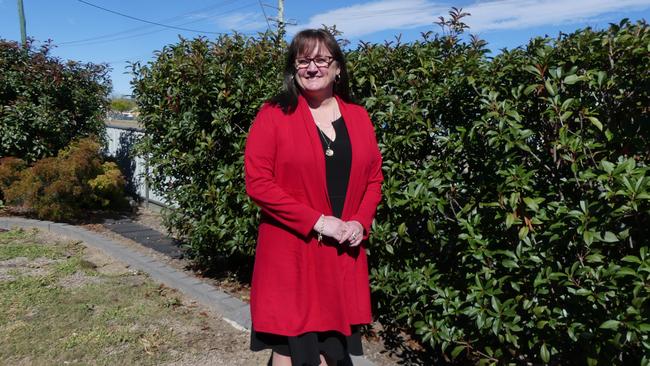RELENTLESS: Diabetes sufferers cop double hit from COVID-19
GP’s are encouraging Australians living with diabetes to look after their health during the COVID-19 pandemic.

South Burnett
Don't miss out on the headlines from South Burnett. Followed categories will be added to My News.
AS WE enter what looks to be the dreaded second wave of the coronavirus pandemic, experts are advising people living with diabetes to ensure they are taking care of their health.
Not only has the pandemic impacted their physical health - with reduced access to medical services and the stockpiling of medications at the height of hysteria - but research has shown that COVID-19 has had a negative impact on the mental and emotional health of more than 40% of people living with diabetes.
“Having diabetes is relentless,” said Allison Merton, a Credentialled Diabetes Educator at Diabetes Care New Beginnings in Kingaroy.
“It can be an additional 180 things they’ve got to think about for the day. They’ve got to think about what they eat, how much can they eat, and looking at monitoring the blood glucose levels constantly throughout the day.”
According to Ms Merton, for many individuals, these additional daily stresses can weigh upon a person over time, as well as make them feel ‘different’ or ‘misunderstood’.
“Having diabetes, whether it’s type one or type two, or gestational, you can give you a sense of isolation and make you feel that you’re alone. That you have to manage it alone,” she said.
“And COVID-19 has exacerbated that feeling of isolation and loneliness.”
A lack of understanding surrounding diabetes has also lead some to experience a level of judgment for their condition.
“There’s a confusion between the types of diabetes, but they’re completely different,” Ms Merton said.
“Type one is an autoimmune disease, where the body’s attacking its own insulin producing cells. Type two is different in the fact that it’s possibly more lifestyle factors.”
“I think that when a lot of people hear that word diabetes, they instantly think ‘you eat too much sugar’ or you just have a really poor lifestyle.”
According to research by the National Diabetes Services Scheme, one in three people living with diabetes are more vulnerable to anxiety, distress and depression.
According to Ms Merton, the mental fatigue of depression and anxiety can make a person less motivated to control their diabetes. This in turn can lead to more severe physical symptoms, which may further impact the person mental health.
“It’s becomes a vicious cycle. We really need to acknowledge those feelings and talk to someone, so to not let it become overwhelming,” she said.
Even for those in remote areas, Ms Merton said help is always available, whether it be via phone, telehealth, or even zoom.
“People with diabetes need to know they’re not alone. The support is out there,” she said.
“They just need to go and speak to someone - generally that’ll be a GP first - and that’s where the gamut of referrals can come in and support can start to surround that person.”



